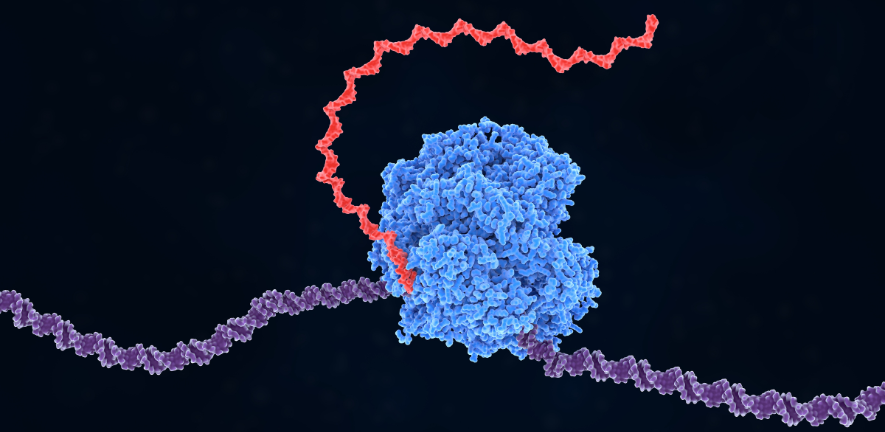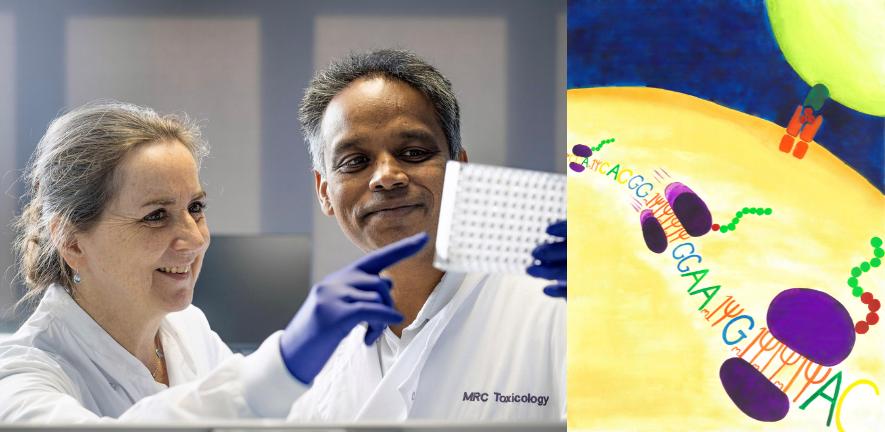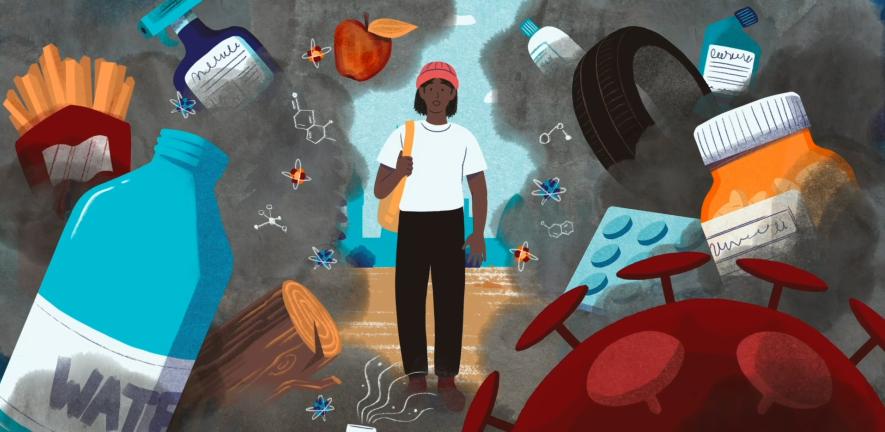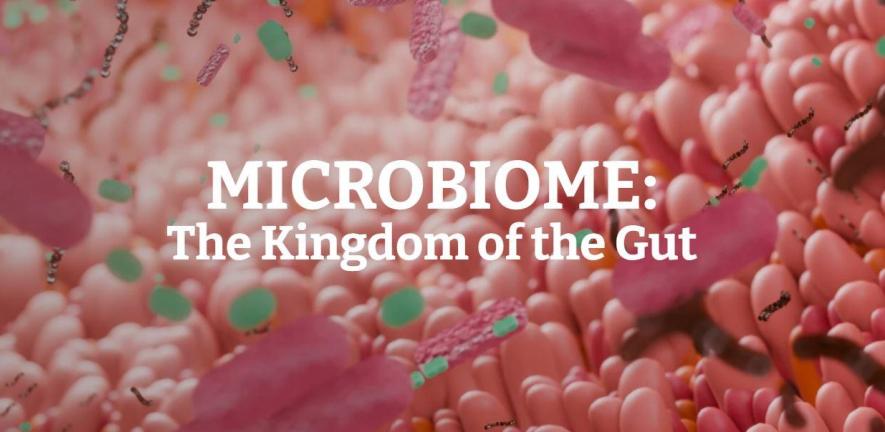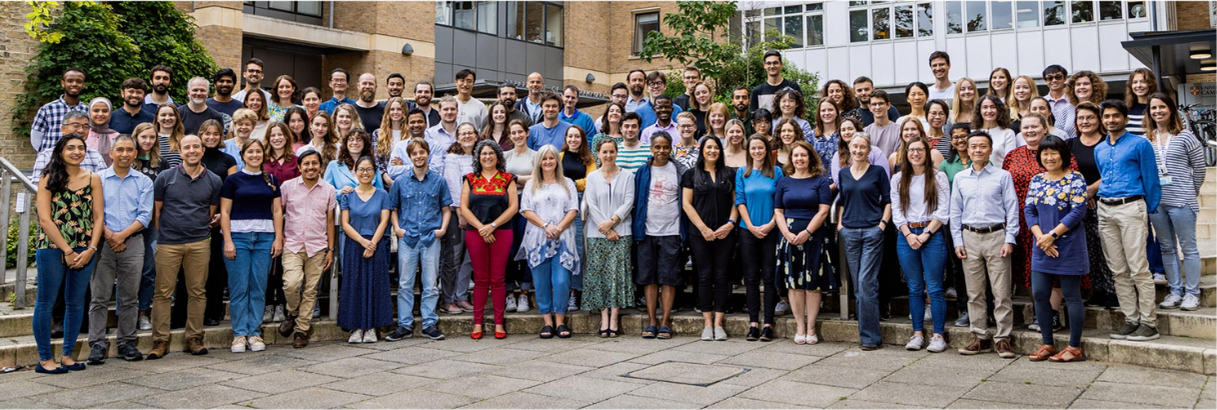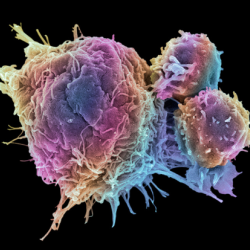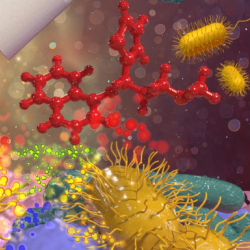Welcome to the MRC Toxicology Unit
The Medical Research Council (MRC) Toxicology Unit is a leading International Research Institute within the School of Biological Sciences, University of Cambridge. The Unit delivers mechanistic toxicology research, pursuing hypothesis-driven toxicological questions with a particular focus on the study of the causal links between exposure to endogenous and exogenous toxicants, molecular initiating events and adverse outcome pathways. The Unit's overall aims are to carry out pioneering research which leads to improved health and to train and mentor the next generation of toxicologists.
Professor Anne Willis is Director of the MRC Toxicology Unit. Anne was appointed as a member of the European Molecular Biology Organisation in 2015, and in 2017 awarded an OBE for services to biomedical sciences and supporting the careers of women scientists.
Professor Anne Willis OBE


